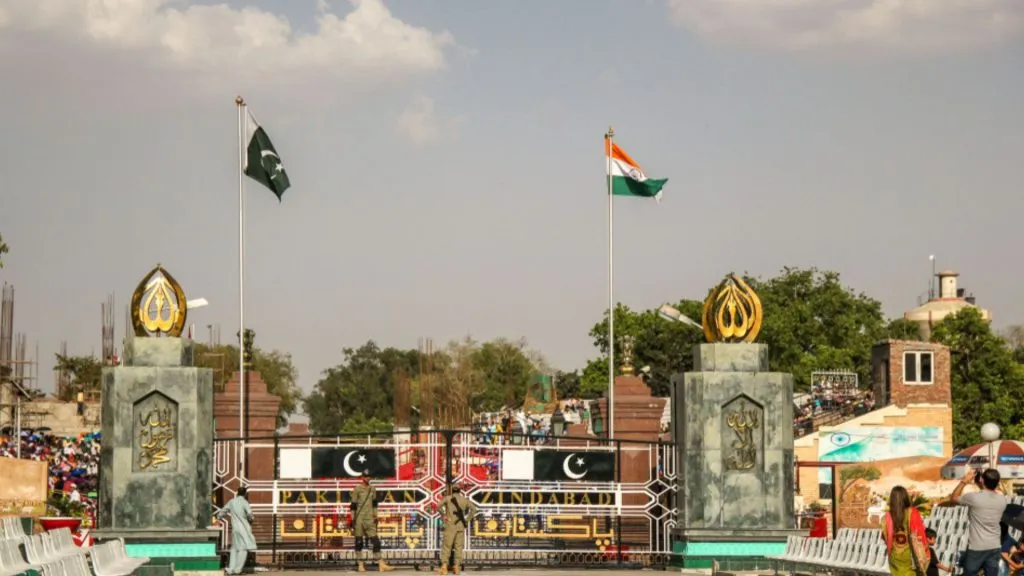105 Indians repatriated from Pakistan; 28 Pakistanis return from India as tensions escalate
LAHORE/ISLAMABAD: In the wake of escalating diplomatic tensions between Pakistan and India, cross-border travel through the Wagah-Attari border has been severely restricted, officials confirmed on Thursday.
As part of the new measures, 105 Indian nationals currently in Pakistan were repatriated, while 28 Pakistanis stranded in India were allowed to return home. The movement follows a decision by Pakistan’s National Security Committee (NSC) to shut the Wagah border for routine traffic amid worsening relations between the two nuclear-armed neighbors.
Families Affected by Sudden Closure
The abrupt restrictions have left many families stranded or forced to alter their travel plans. One Indian Sikh family, visiting Pakistan for a wedding celebration, was compelled to cut their trip short and return home early.
Meanwhile, a Hindu family from Sibi, Balochistan, holding valid Indian visas, was denied entry into India due to the closure. Another Hindu family originally from Ghotki, Sindh, but residing in New Delhi, was also barred from crossing the Wagah border despite holding a No Objection Return to India (NORI) visa—typically issued for personal visits.
Border to Remain Partially Open Until April 30
The NSC’s directive recommends full closure of the Wagah border, but temporary allowances for exit and return will continue until April 30. All Indian nationals currently in Pakistan—excluding Sikh pilgrims—have been ordered to leave within 48 hours.
In a related move, Pakistan has also suspended all visas issued to Indian nationals under the South Asian Association for Regional Cooperation (SAARC) framework.
Growing Diplomatic Fallout
The travel restrictions come in response to a series of diplomatic escalations, including India’s unilateral suspension of the Indus Waters Treaty, and increasing military rhetoric from both sides following the Pahalgam attack in Indian Illegally Occupied Jammu and Kashmir.
Officials have warned that bilateral agreements may be further impacted if hostilities continue to rise, with Pakistan asserting that any unilateral action affecting its sovereign rights—particularly related to water—will be considered an act of war.










